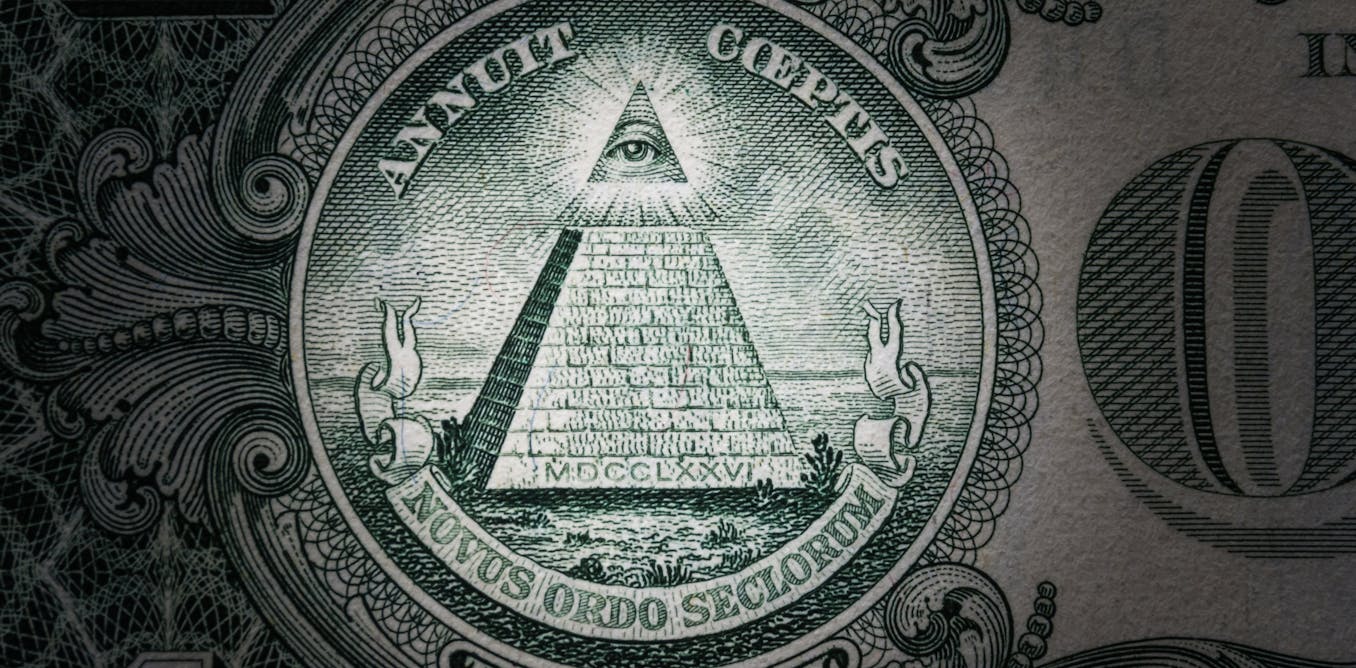With apologies to my colleague and friend Robin Hanson, that is the tentative title of my next project, which builds on my previous work “Betting on Conspiracies,” which is forthcoming in The Journal of Law & Public Policy. By way of example, was 9/11 an “inside job”? Was the 2020 election stolen? Did Trump collude with “the Russians”? In summary, the conventional wisdom is that the spread of conspiracy theories is dangerous to democracy, and a growing chorus of voices are thus calling for direct regulation of social media platforms to counter this threat. Some have even called for the appointment of a “reality czar” (see here, for example) and big tech firms like Facebook have gone as far as to de-platform (i.e. censor) President Trump.
Pause. Isn’t it possible that these drastic measures and proposals (e.g. direct regulation of speech, reality czars, and the de-platforming of elected leaders) pose greater dangers to democracy than conspiracy theorists themselves? The classical liberal in me certainly thinks so! That is why I proposed and outlined a “Conspiracy Theory Betting Market” in my previous work. In brief, instead of censorship or reality czars, why not allow people to place actual money bets on the truth values of various conspiracy theories, however far-fetched these theories may seem? It is my contention that a betting market in conspiracy theories would aggregate all available information about the truth values of such beliefs better than a regulator or a reality czar could.
But how would such a “Conspiracy Theory Betting Market” work in practice? Unlike a prediction market, in which participants place bets on the occurrence or non-occurrence of future events, my proposal involves the “retrodiction” of past events, such as the 2020 election, 9/11, and the assassination of JFK. Accordingly, next month I will devote considerable time and effort to the design of my “retrodiction” market and share my findings here …




Speaking of prediction markets, check this out https://polymarket.com/.
It is apparently a sponsor of my favorite Cryptocurrency podcast.
That’s what we need — more “derivates” and less reality. See 2008.
Derivatives.
Pingback: Who’s afraid of conspiracy theories? | prior probability
Reblogged this on prior probability and commented:
Today, I am reblogging one of my most popular blog posts from 2021. In the post below, I proposed a betting market in fake news and conspiracy theories as an alternative to censorship, but then I asked how would such a market work in practice — i.e. how would we decide whether a given news item or conspiracy theory were true for purposes of settling bets on this market?
Originally, I had proposed in the first draft of my paper “Betting on Conspiracies” a special conspiracy theory court with randomly-selected jurors to settle these bets, and when I presented this solution at the 2021 Conference of the Central States Law School Association (CSLSA) on September 25 of this year, a colleague even suggested to me that I pitch my conspiracy theory court as a Reality TV show — “Judge Judy, meet Q.”
Then, Professor Steven J. Brams, a professor of politics and game theorist at NYU, wrote to me in October of this year to propose a more simple, elegant, and ingenious solution to the bet-settlement problem. Professor Brams’s solution is to discard the special court and keep the market open indefinitely. In Professor Brams’ own words:
“I see two possible problems with your Conspiracy Theory Betting Market. You recognize there is a problem of ‘who decides,’ but I think there is also a problem of when a decision–either for or against the conspiracy–would be made. To obviate these problems, I suggest that no decision be made; instead, the market would be kept open indefinitely. Any bettor could opt out at any time, pocketing his winnings if the current price is above what he paid for his bet (either for or against the conspiracy) or taking a loss at the current price.
“A bettor would presumably stay in if he thought the price of his choice would increase or opt out if he thought it would fall. The price would therefore track belief or non-belief in the conspiracy, with no necessary final resolution. But bettors would have an incentive to seek new information that not only supports their choice but is also likely to persuade other bettors, thereby advancing the search for the truth.
“In [Milton] Friedman’s words, it would be ‘politically profitable for the wrong people to do the right thing’ by acting according to the consensus choice–if there is a consensus, and it reflects the more compelling (truthful) choice–especially if they are on the losing side of the market and could lose even more if they stayed in. As long as there is yet-to-be-discovered evidence that may be convincing to bettors, at least some conspiracies should move toward resolution without the need for a conspiracy court.”
I love the simplicity of Professor Brams’ elegant solution and will revise my conspiracy theory betting market proposal accordingly.
Pingback: Could gambling save democracy? (update) | prior probability